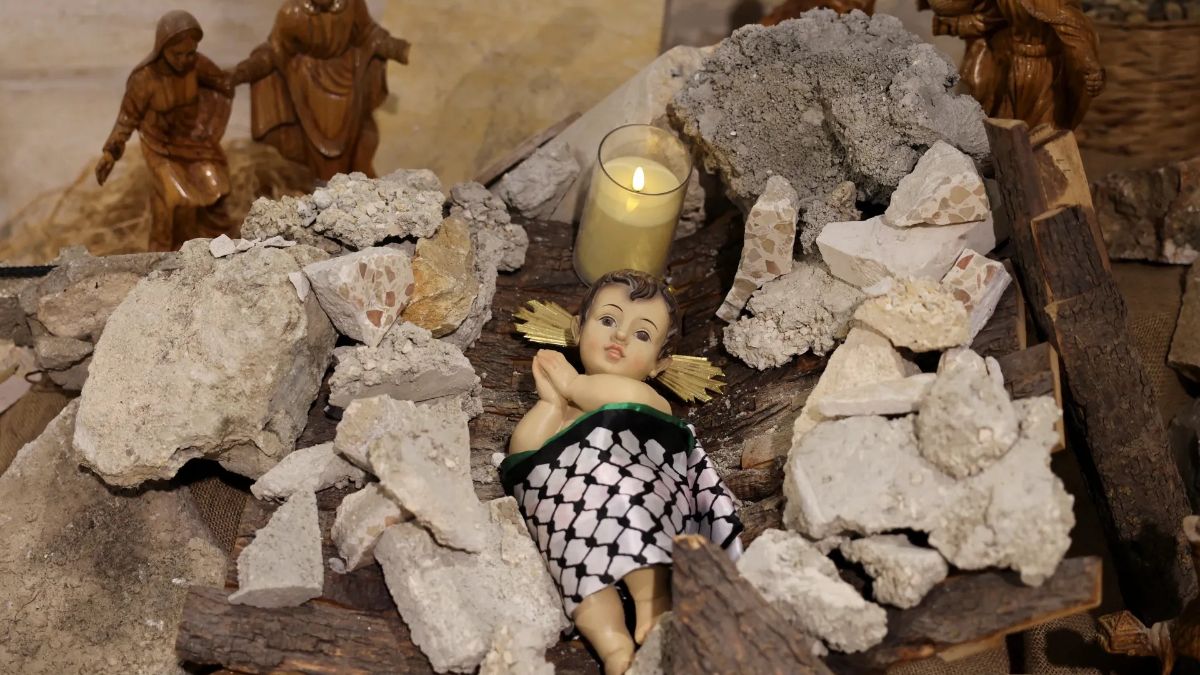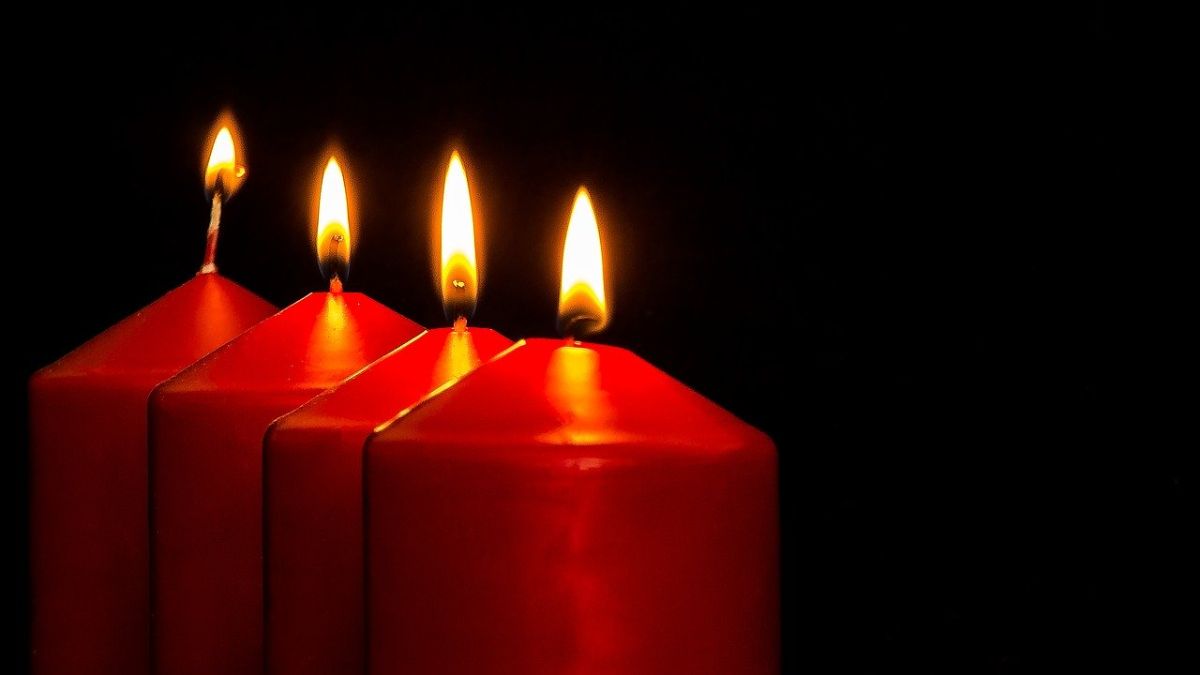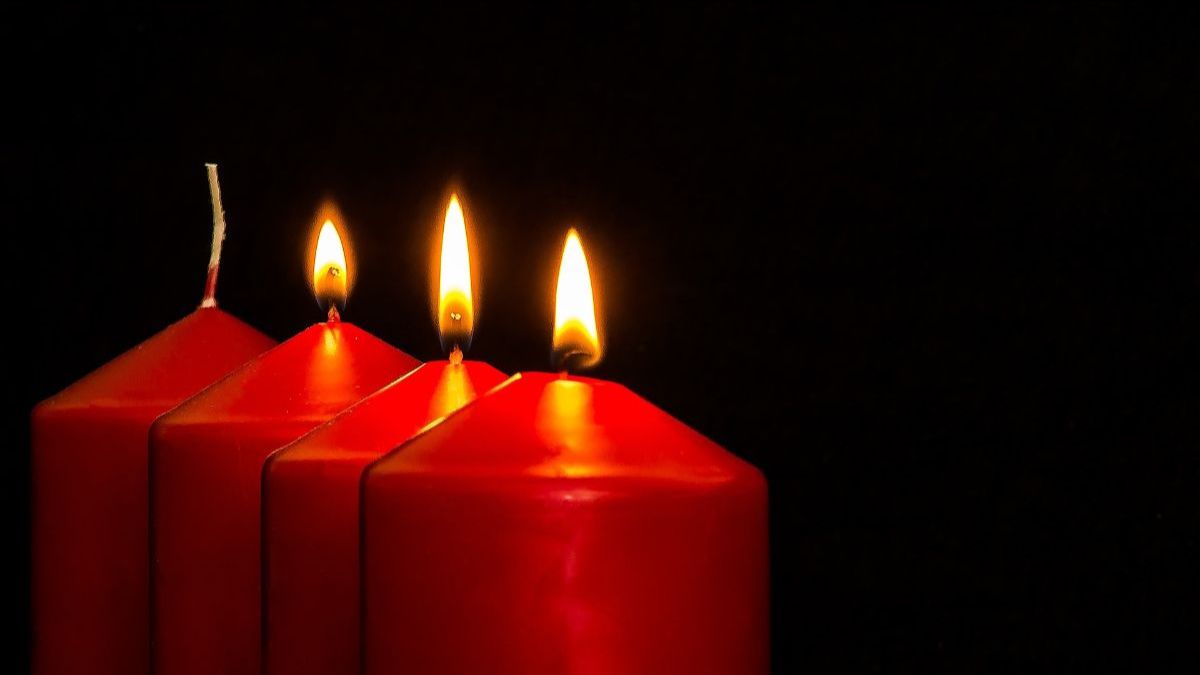Maundy Thursday
"Then he poured water into a basin and began to wash the disciples’ feet and to wipe them with the towel that was tied around him. He came to Simon Peter, who said to him, “Lord, are you going to wash my feet?”
John 13:1-17, 31b-35
March 29, 2018, Words By: Ojii BaBa Madi, Image By: Jesus Mafa- Washing of the Feet
Joslynn, Nef, and Diane gazed thoughtfully during my clumsy response. They were confused about the many names Christians throw around. “What’s the difference between God, Lord, Jehovah, Jesus, Christ and all that?” was the question asked by some bright urban teens. Their continued attentiveness, a full ten minutes, was surprising. Even the most reticent-to-participate kid was listening carefully as clarity continued to elude me. So much for the notion that urban youth will only listen to Cardi B and The Migos.
My 40 years in ministry with urban youth has taught me that young people have no problem believing in God, the Bible, and the idea of Christian faith. In fact, they tend to demonstrate an eagerness to fill in the gaps between what they have heard and what still confuses them. It’s not hard for them to intellectually assent to the gospel’s message. The problem is actually a crisis of realness. Young people buy into the message but fail to see realness within the Christian community. They don’t see hearts and souls living out the faith that people proclaim. With “fake” as an operating principle in culture, fashion, news, politics, and religion, there is no faulting young people’s reticence to go all in on things failing the “real” test.
I imagine my young people peering through the windows at the scene of our gospel reading, as Jesus gathers with his friends, an enemy, and a betrayer. I can hear them agreeing among themselves that Peter was being “extra” and needs to sit down. Certainly, the strange act of washing these friends’ “dirty, crusty, smelly feet,” would first amuse them, then gross them out, and ultimately move them to proclaim, “Yo, dude is crazy!” In later conversations, after a time of processing, they probably would affirm the strange foot washer as a dude who “might be crazy but whatever he’s all about, he gets mad respect cause he’s real.”
Like the kids in my neighborhood, we all have a longing to see affirmations of the real revealed through the ridiculous.
And unless we embrace Jesus’ modeling of realness through ridiculous service to one another, we leave a “realness void” in the world that is left to be filled by reality television and all the antics that accompany it; people are thirsting for something lasting and tangible.
I grew weary of neighborhood conflicts among our young people, which seemed to bring daily sit-downs between feuding friends. So, I once suggested a most ridiculous idea—“Bake them cake.” After a bit of silence and some quizzical stares, one feuding party responded, “You must be real crazy, Mr. Tim.” But, after agreeing that baking a cake for your enemy symbolized dedication to a “real” solution to hostilities, one party agreed to serve the other in exactly that ridiculous fashion.
The act seriously disoriented and confounded the cake recipient, opening her eyes to the realness of her friend’s desire for reconciliation. Word about the resolution spread through the neighborhood, setting off several incidents of restorative cake baking. The pastries, like Jesus’ basin and towel, served as a disorienting tangible object, ridiculous in nature but inescapably expressive of the depth of realness in the ministry of reconciling us to each other and to God.
In the midst of a rivalrous and divisive reality-television world, disciples of Jesus are called to reveal the glory of our God and of his Christ through loving service to each other. That love is the outgrowth of an abundance-centered reality that doesn’t view others as competition or enemy, but instead as brother and sister; our wholeness and well-being is intricately intertwined with that of our family.
A world longing for the real and lasting, has its nose pressed against the window of our faith, looking for a way of peace and reconciliation. My prayer is that we, like the Christ, will summon our divine imaginations and discover the simple gifts among us, such as basins, towels, and cakes, and use such modest prizes as expressions of service and love toward each member of our community. May God grant us grace to risk ridicule and scorn as we venture beyond ridiculous limits to reveal the glories of reconciliation.



